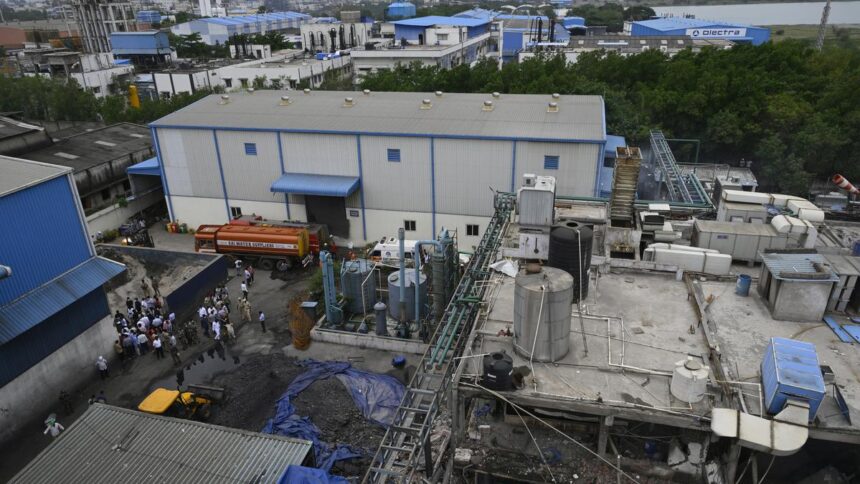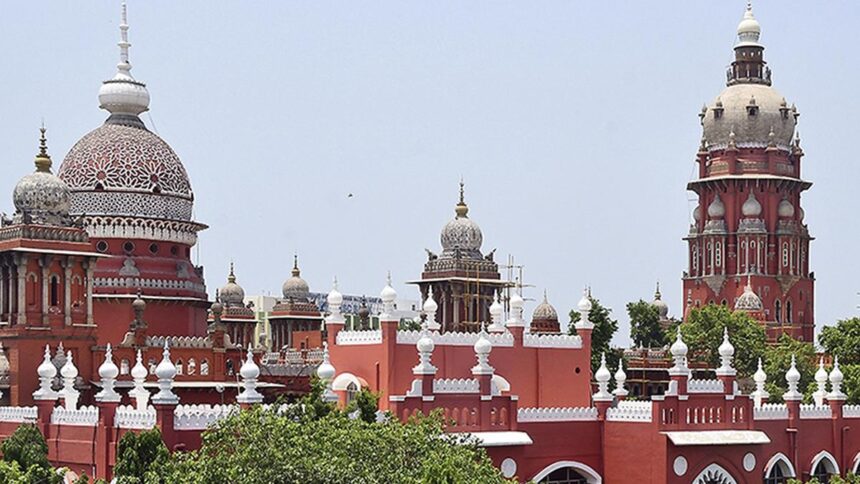Residents in the southern zone of Chennai Corporation have expressed concern over the garbage mounds in Perungudi dumpyard gradually advancing towards the arterial road connecting Pallavaram and Thoraipakkam, causing health issues to motorists and people living in nearby areas.
A. Francis, president of the Federation of Thoraipakkam Residents’ Welfare Associations, said residents were worried about the pollution caused by the mounds of garbage that have moved towards Thoraipakkam-Pallavaram Radial Road, leading to serious public health issues.
“The garbage mounds which were around 400 metres away from the boundary wall along the Radial Road, have moved closer, at just 100 metres away from the road. The stench is bad, and senior citizens who cross the stretch have complained on social media. The sedge grass in the area has also been burnt recently. So the residents are worried that the GCC was planning new projects to pollute the marshland,” he said. D. Raman, president of confederation of residents’ welfare associations of Sholinganallur Constituency, said worried residents have sought information under the RTI. The officials were refusing to provide details about the dump yard.
“The GCC refused information under RTI yesterday. And we will appeal,” he said. Residents have planned to launch a campaign to stop dumping of waste in the dumpyard in Perungudi and save the Pallikaranai marshland.
“Residents are determined to protest against the new waste management projects in the marshland by the Chennai Corporation. They want the marshland to be restored to its original condition. We will oppose the move of the GCC to utilise the marshland for waste management. Once the biomining is completed in Perungudi dumpyard, the marshland should be restored, instead of implementing new projects,” he said.
Pointing to the 13,600 acres of marshland in 1972, residents stressed the need for protecting the remaining 2,980 acres in the Pallikaranai marshland.
Published – July 04, 2025 12:56 am IST




















